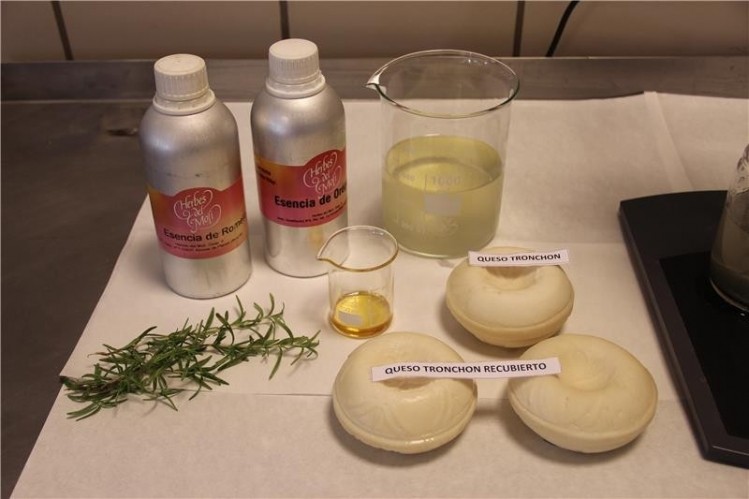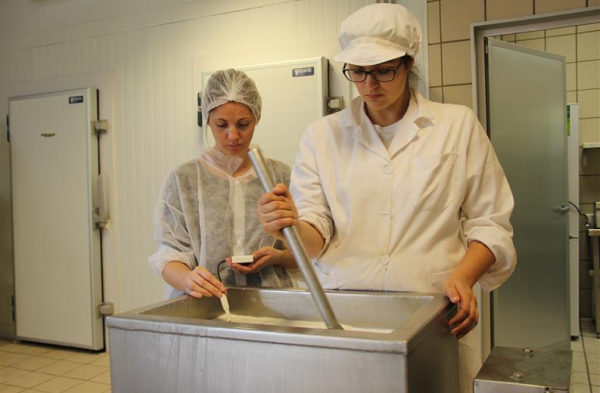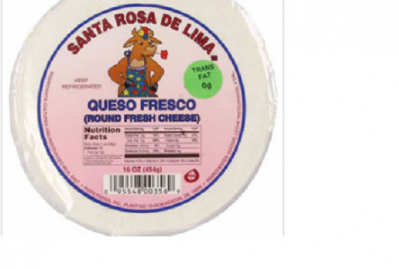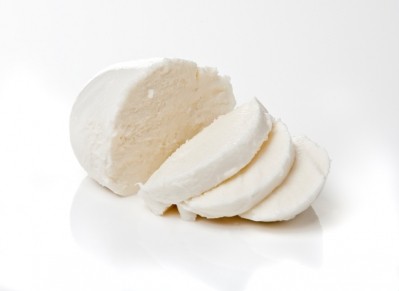Novel coating targets cheese protection

The films use oregano and rosemary essential oils as antimicrobial agents, and chitosan, a by-product from crustacean shells, said the team from the Universitat Politècnica de València (UPV).
Chelo González, a researcher at the Institute of Food Engineering at the UPV, said the lifespan of commercial soft cheese treated with pimaricin is about 21 days in cold storage.
Deterioration effects
The most widely used method of avoiding fungal growth is applying natamycin (or pimaricin) a common antifungal agent in the cheese industry and a coating of polyvinyl acetate plastic.
“The most common causes of deterioration are excessive surface dehydration and the growth of micro-organisms such as fungus or yeasts, which produce a strange flavour or odour, a slimy texture and a significant visual alteration,” she said.
Of the oils used, the oregano oil was the most effective, inhibiting the fungal growth in a similar way to a conventional pimaricin treatment, said the researchers.
Sensory study
The team did a sensory study that enabled them to adjust the concentration of the essential oil to obtain formulations with antifungal activity together with a good sensory acceptance.
More than 100 panellists were used for the sensorial analysis and gave higher scores for the cheese coated with essential oils, for taste and odour attributes compared to the uncoated cheese.
“The product that we have obtained is an alternative to the use of pimaricin and non-edible plastics. Moreover, using a natural and edible product reduces the fungal problems and controls the weight loss during the maturing,” said González.
Another possible application in mature cheese is to decrease growth of fungus on the surface during the maturing process, which can go into pieces when they have pressing faults or fissures.
Applying the coating would reduce the proportion of product losses in cheese factories and the resulting economic losses.
Researchers at the Institute for Animal Science and Technology, led by Professor Pilar Molina, and at the Department of Agroforest Ecosystems of the UPV, led by Pilar Santamarina, also participated in the project.
The work was presented in the last edition of the Iberoamerican Congress in Food Engineering and will be released shortly in the International Journal of Food Studies.







